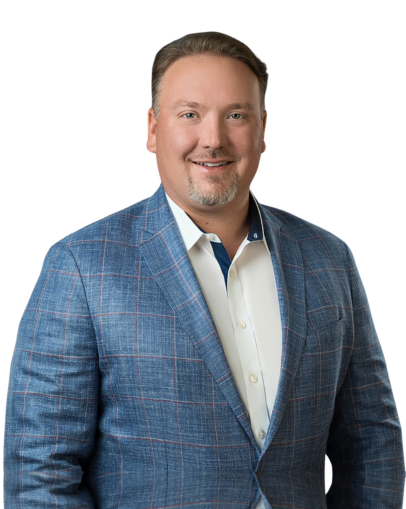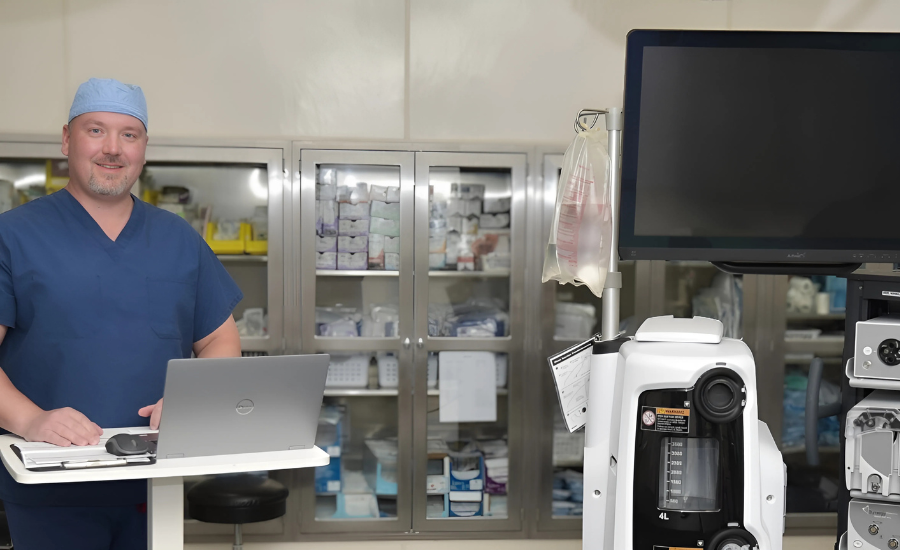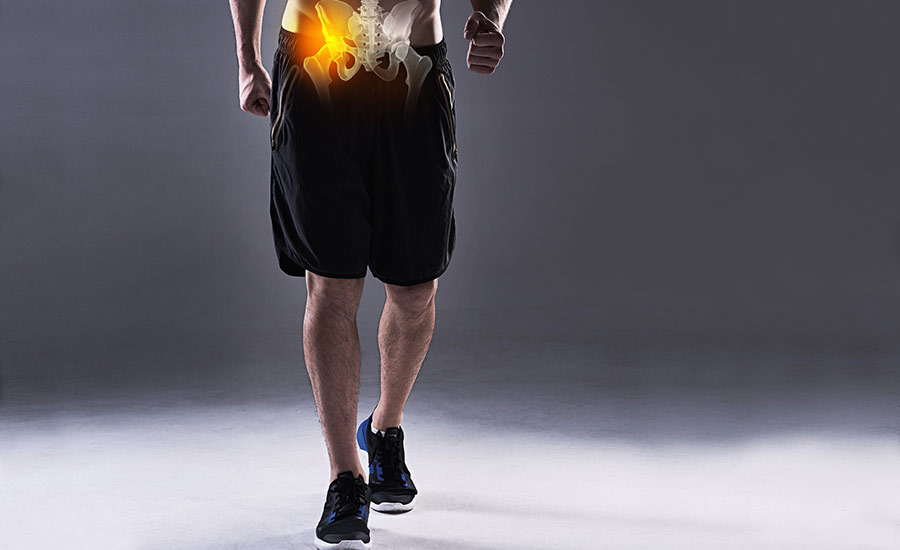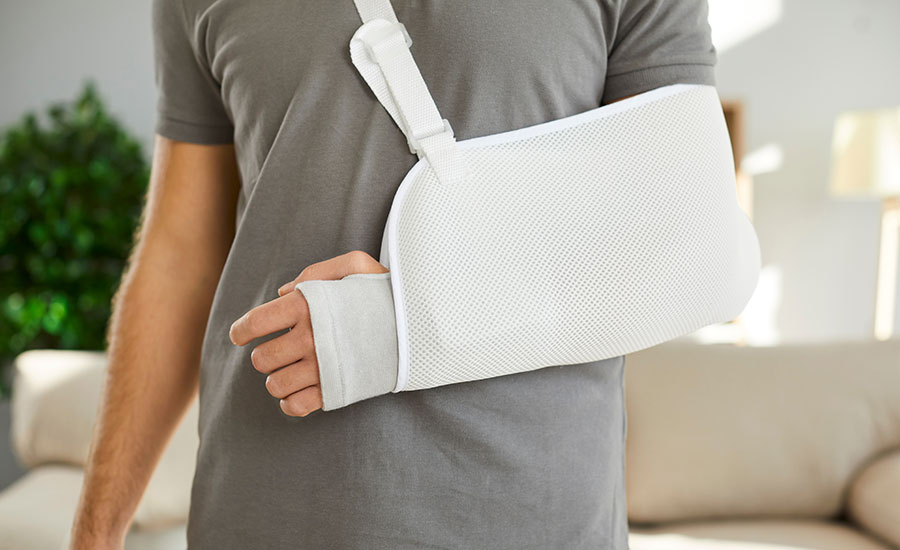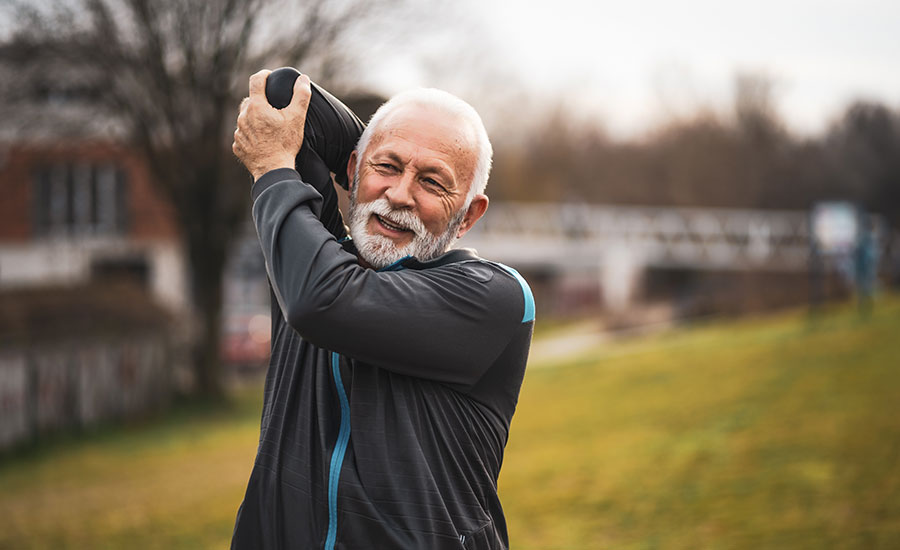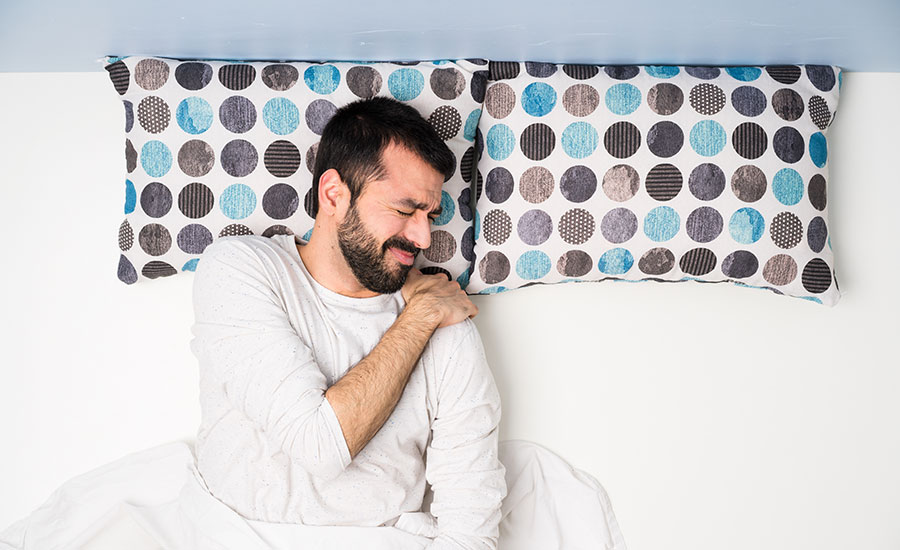What Is Sports Medicine?
Sports medicine is a branch of medicine that focuses on preventing, diagnosing, and treating injuries related to sports and physical activity.
It involves a multidisciplinary approach that incorporates medical, orthopedic, and rehabilitation services to optimize the health and performance of athletes and active individuals.
Sports medicine doesn’t focus on one age group in particular; sports injuries occur across demographics and activity levels.
In general, sports injuries are most commonly sustained during regular exercise — especially exercise involving equipment.
What Conditions Do Sports Medicine Physicians Treat?
At Academy Orthopedics, our sports medicine physicians specialize in treating a wide range of conditions related to sports and physical activity, including:
- Sprains and strains
- Fractures and dislocations
- Torn ligaments and tendons
- Rotator cuff injuries
- Tennis elbow and golfer’s elbow
- Meniscus tears
- Anterior cruciate ligament (ACL) injuries
- Concussions and other head injuries
Wondering if we can treat your condition?
How Do Sports Medicine Physicians Diagnose Conditions?
Our sports medicine physicians use a variety of diagnostic tools and techniques to accurately diagnose orthopedic sports injuries. These include:
- Physical examination
- Imaging tests (X-rays, MRI, CT scan)
- Diagnostic injections
- Arthroscopy (a minimally invasive surgical procedure)
How Is Arthroscopy Used in Sports Medicine?
Arthroscopy is a minimally invasive surgical procedure that allows sports medicine physicians and orthopedic surgeons to visualize, diagnose, and treat a wide range of joint problems.
It involves the use of a small camera, called an arthroscope, that is inserted through a small incision into the joint. The arthroscope provides a detailed view of the joint, allowing our sports medicine physicians to assess the damage and perform necessary repairs.
Arthroscopy is commonly used to treat sports injuries affecting the knee, shoulder, elbow, wrist, ankle, and hip. Some common conditions that can be treated with arthroscopy include:
- Torn ligaments and tendons
- Meniscus tears
- Rotator cuff injuries
- Cartilage damage
- Loose bodies in the joint
One of the main advantages of arthroscopy over traditional open surgery is that it is less invasive and results in less tissue damage, scarring, and recovery time.
Most arthroscopic procedures can be performed on an outpatient basis, allowing patients to return home the same day as the surgery. Full recovery can take anywhere from one week to several months.
When you hear “surgery,” “minimally-invasive” may not be the first adjective that comes to mind. It’s a fairly common procedure, though; in fact, an estimated 1.77 million are performed every year.
Overall, arthroscopy is a safe and effective procedure for diagnosing and treating a wide range of sports injuries. If you have a joint problem or sports injury, talk to your sports medicine physician or orthopedic surgeon to see if arthroscopy may be right for you.
At Academy Orthopedics, we routinely perform:
Orthopedic Sports Medicine at Academy Orthopedics
At Academy Orthopedics, we perform a comprehensive assessment of your injury and obtain a diagnosis to formulate a treatment plan that’s customized to you and your needs.
Our treatment plans consist of appropriate prescription medication, at-home care tips, and physical therapy so you can start to feel relief from your symptoms.
We will usually prescribe physical therapy as either a first step to rehabilitation or alongside other treatments. We offer a multitude of physical therapy services including:
- Cold and heat treatment
- Whirlpool therapy
- Therapeutic ultrasound
- Electrical stimulation
- Paraffin
- Mechanical traction
- Iontophoresis
If your treatment plan includes open surgery, you’re in good hands at Academy Orthopedics. Surgical treatments for sports injuries may include:
- ACL reconstruction
- Joint replacements/revisions
- Tendon repair
- Rotator cuff repair
We use the latest technology and techniques to optimize patient outcomes and get you back to your active lifestyle as quickly and safely as possible.
Find a treatment plan that’s right for you
Non-Surgical Procedures for Sports Injuries
Not all sports injuries require surgery for full recovery. In many cases, non-surgical treatments can effectively treat orthopedic sports injuries.
Some examples of non-surgical treatments include:
- Corticosteroid injections
- Visco-supplementation injections
- Non-surgical fracture management
At Academy Orthopedics, our sports medicine physicians provide personalized care and treatment plans tailored to each patient’s unique needs and goals, which may or may not include surgery.
Many sports medicine conditions can be treated through conservative methods, but some may require surgery to effectively relieve pain and restore function to the joint. Your doctor will determine which type of treatment is best for you after a thorough evaluation of your condition.
Find Top New Jersey Sports Medicine Physicians at Academy Orthopedics
If you’re looking for the best sports medicine providers in New Jersey, look no further than Academy Orthopedics.
Our experienced sports medicine physicians and orthopedic surgeons provide comprehensive care and treatment for a wide range of sports injuries.
Our sports medicine specialists include:
- Dr. Anthony Festa – Orthopedic surgeon specializing in sports medicine
- Dr. Casey Pierce – Orthopedic surgeon with sub-specialties in sports medicine and arthroscopy, specializing in treating shoulder, elbow, hip and knee disorders
- Dr. Anthony J. Scillia – Orthopedic surgeon with sub-specialties in adult and pediatric sports medicine
- Dr. David Rodriguez – Sports medicine physician specializing in adult and pediatric sports medicine, non-operative orthopedics, ultrasound guided procedures and concussion care
Academy Orthopedics’ top-rated, teacher-level NJ sports medicine specialists are dedicated to providing comprehensive care and phenomenal outcomes.
On top of mobility issues and a reduced quality of life, chronic pain is also linked to anxiety, depression and opioid dependency. Pain management can help alleviate the symptoms and consequences of painful conditions, allowing you to live more comfortably and improve your quality of life.
Find lasting pain relief at Academy Orthopedics
